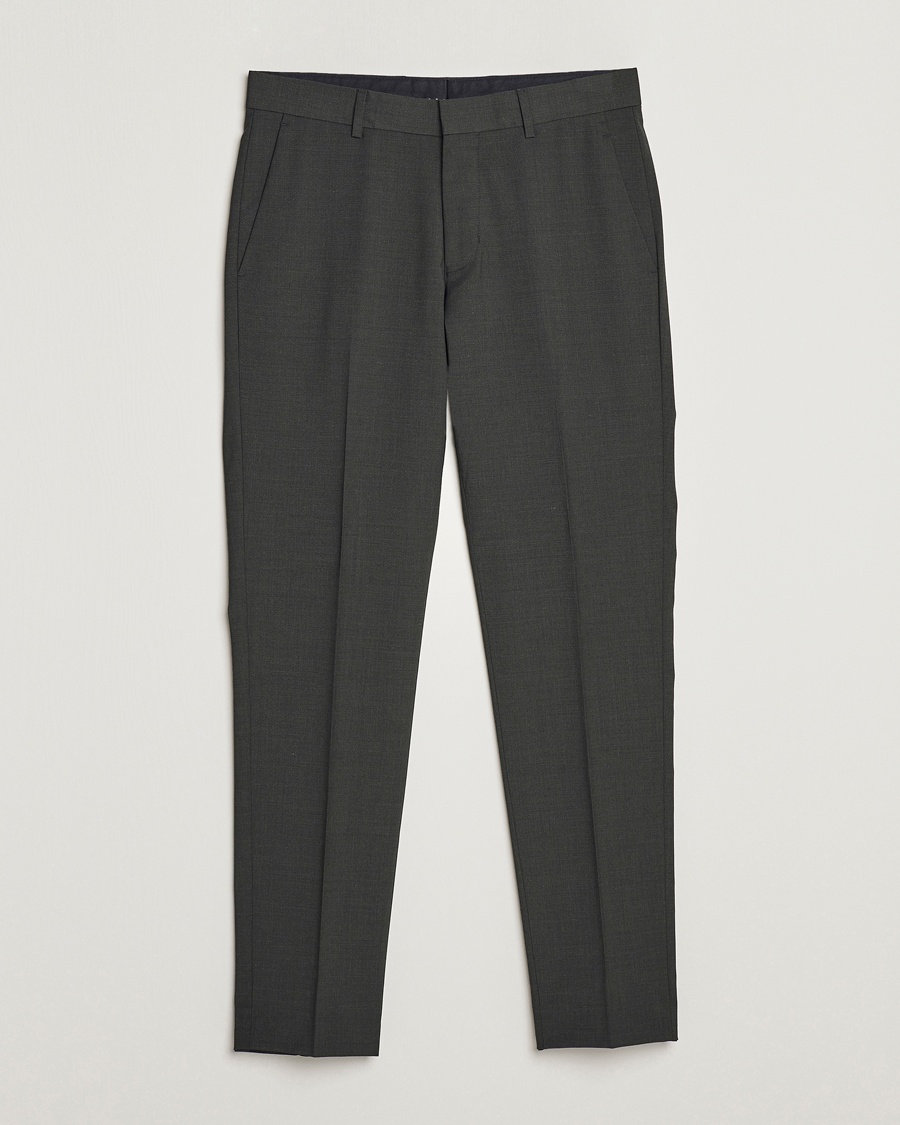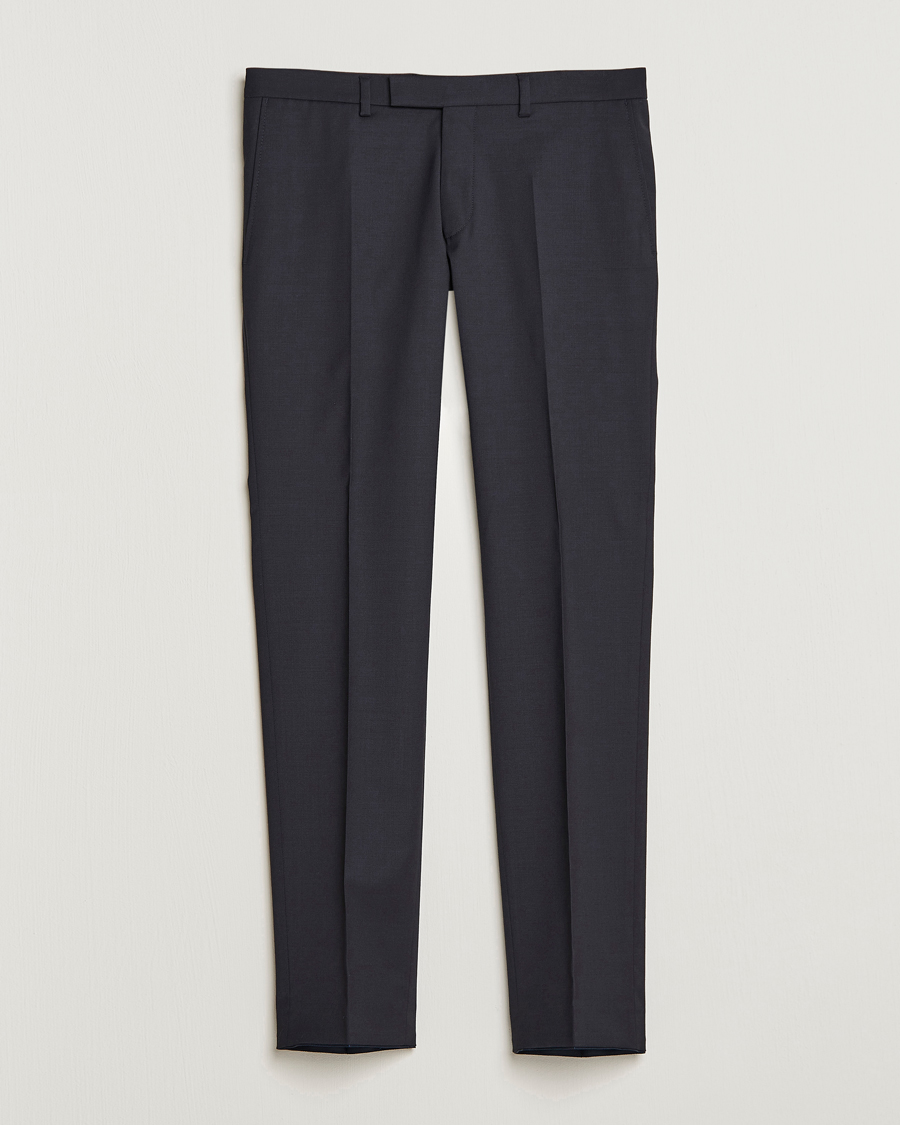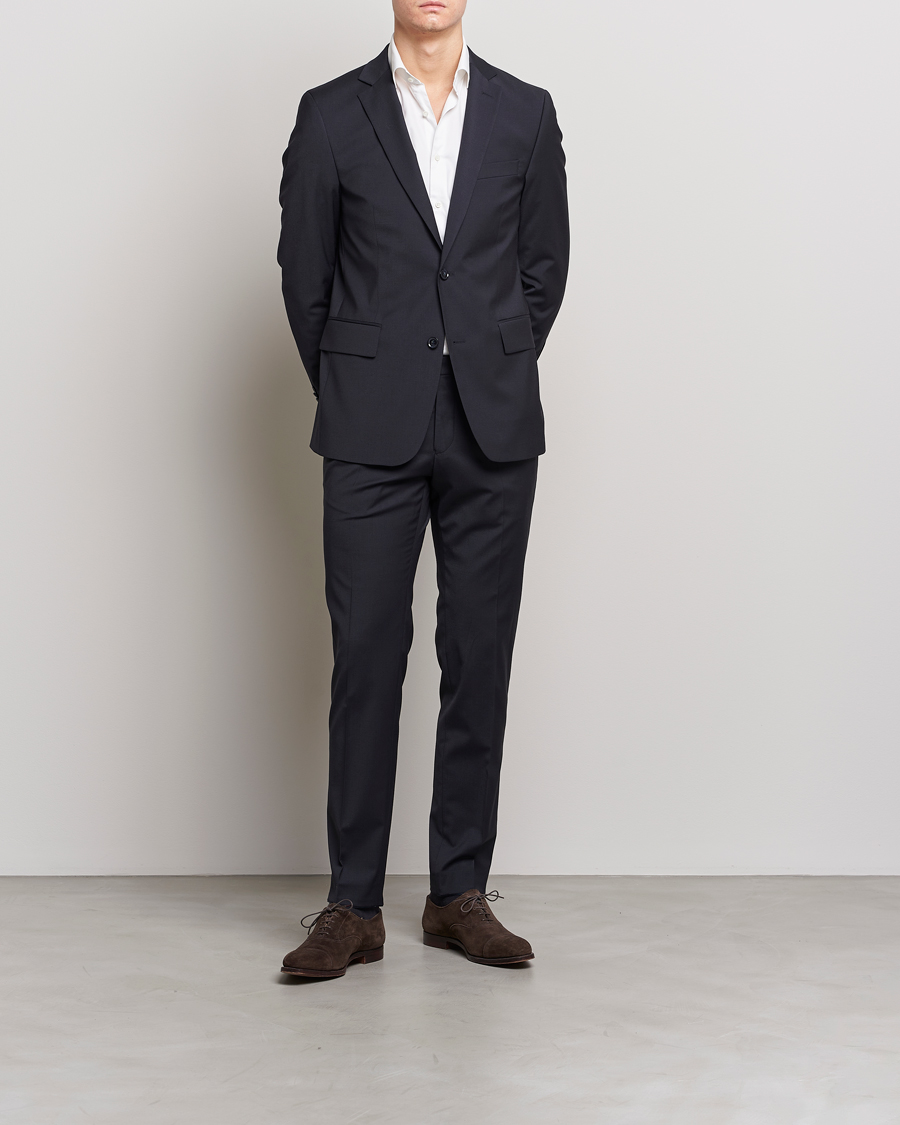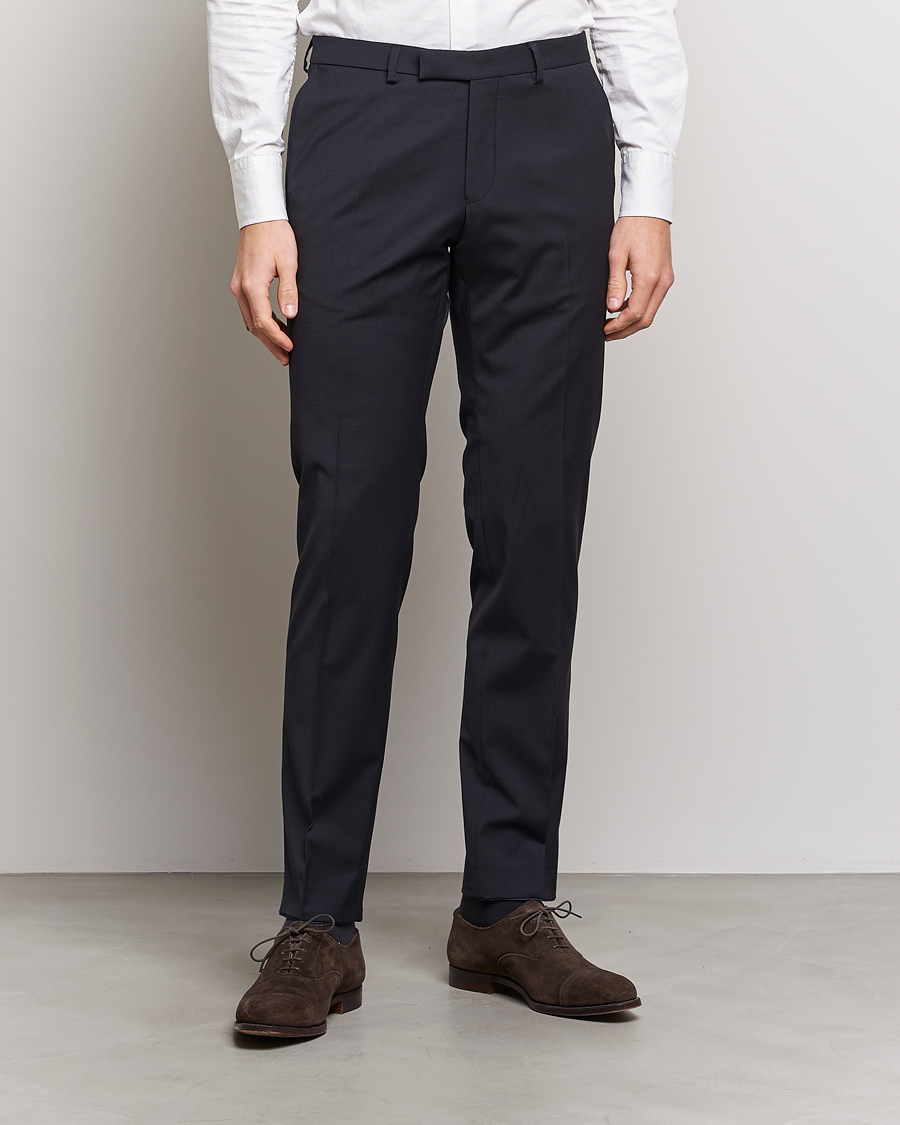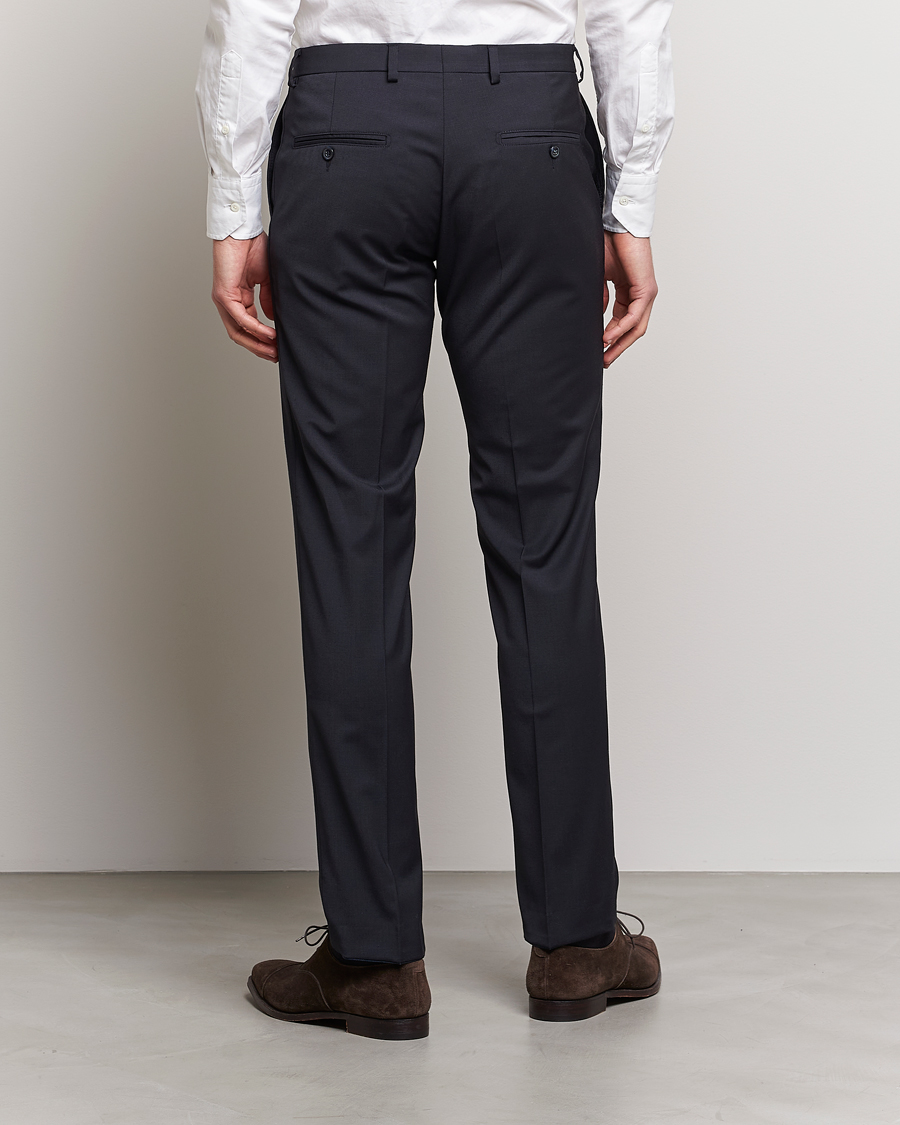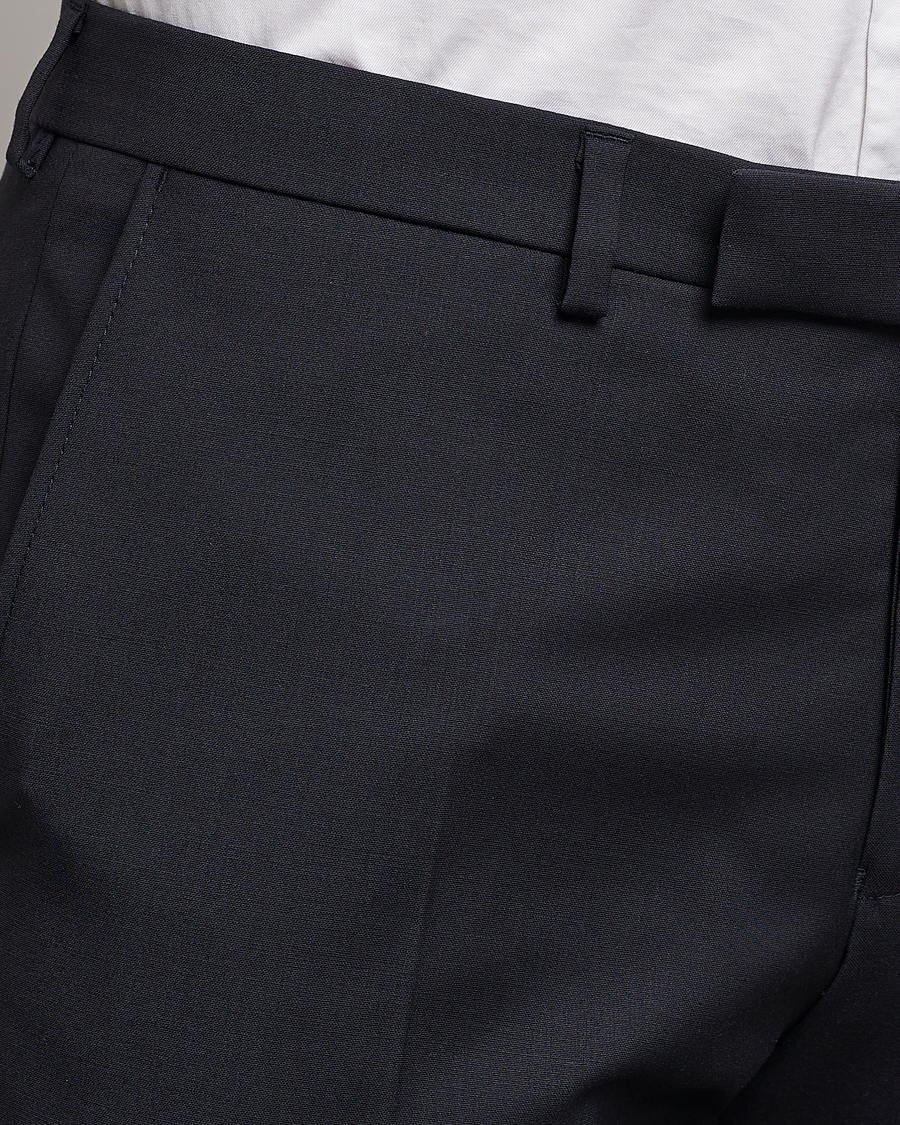WhatsApp
Contact us through WhatsApp by scanning the QR-code below.

Or by following this link.
FAQ
Answers to the most frequently asked questions can be found here.
E-Mail
[email protected]
We aim to reply to your email within one working day.
Personal Style Advice
We currently offer personal style advice through both digital and in-person customer meetings near our headquarters in Borås, Sweden.
If you're interested in booking a session with our personal shopper, send an email to us at [email protected], specifying whether you prefer a digital or in-person meeting, and we will get back to you with more details and available time slots.
Our style advisors look forward to helping you update your wardrobe and invest in timeless, quality garments!
